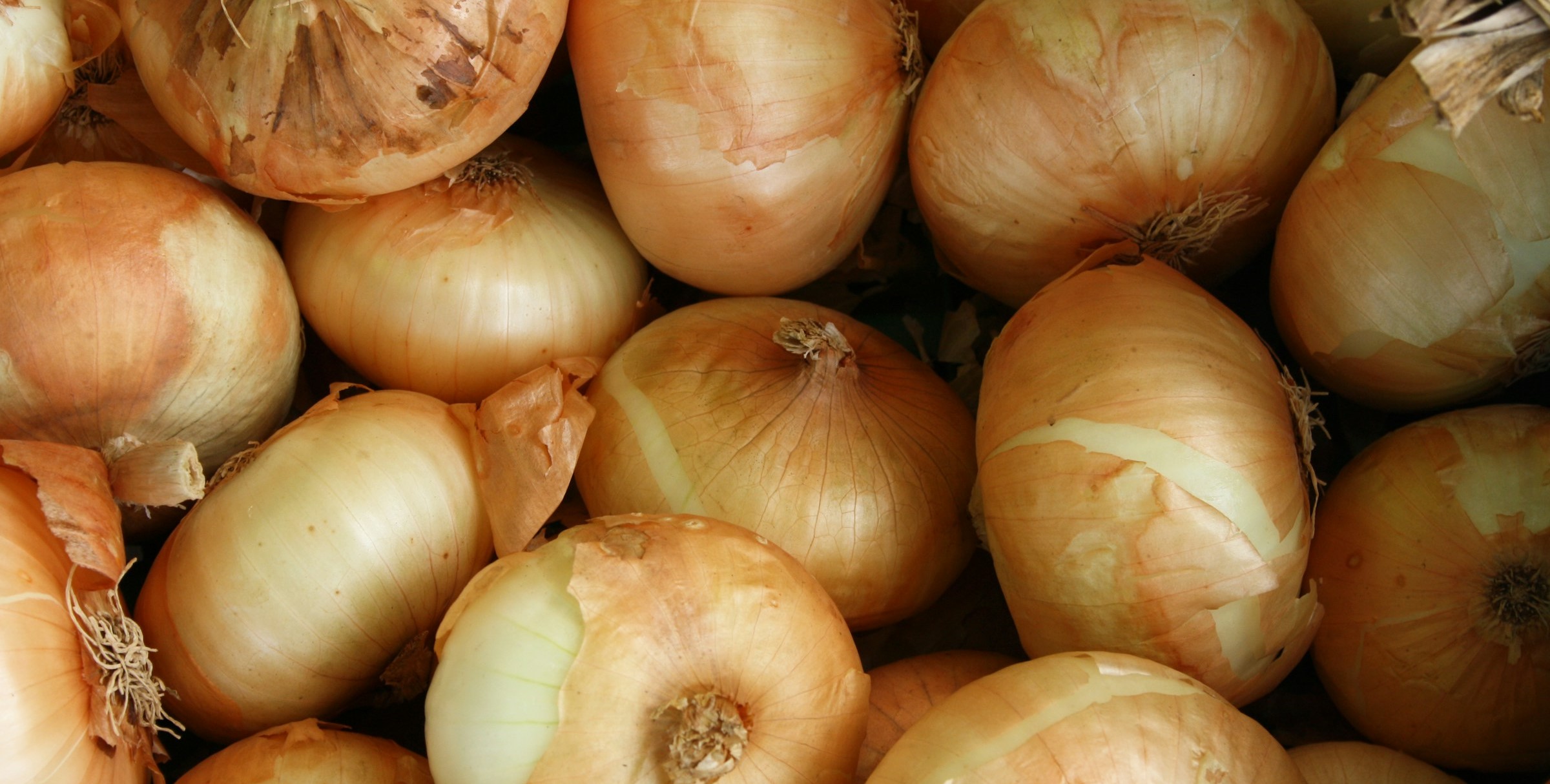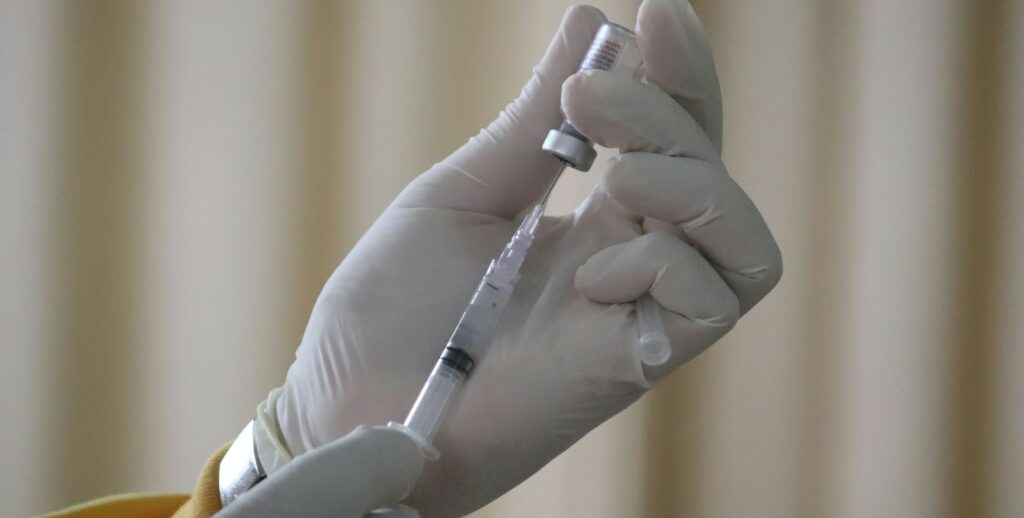An onion-like vaginal odour is not typical and may indicate a sexually transmitted infection (STI).
While all vaginas have a natural scent that can vary due to hormones, sexual arousal, menstruation, or pregnancy, lifestyle factors like diet and exercise can also impact vaginal odour. But an onion-like smell may be cause for concern.
If you’re experiencing an onion odour from your vagina and you think an STI might cause it, keep reading to find out what it might be.
What are STIs?
Sexually transmitted infections (STIs) are infections that are primarily spread through sexual contact. They can be caused by bacteria, viruses, or parasites, and they affect millions of people worldwide each year. STIs can cause a range of symptoms – from fever and nausea to genital discharge and warts – but most show no symptoms at all, making regular testing crucial for sexual health.
Transmission of STIs occurs through various forms of sexual activity, including vaginal, anal, and oral sex. The pathogens responsible for STIs can be found in bodily fluids such as semen, vaginal fluids, blood, and sometimes saliva.
In addition to sexual contact, some STIs can also be transmitted through non-sexual means, such as from mother to child during childbirth or breastfeeding, or through shared needles and blood transfusions.
STIs that can cause an onion-like odour
An onion-like smell from the vagina may not be a symptom you associate with STIs, but several infections can indeed cause such an odour.
Trichomonas
Trichomonas, sometimes called “trich” for short, is caused by the parasite Trichomonas vaginalis. This parasite infects the urogenital tract, including the vagina and the urethra (the tube we urinate through).
Many people with Trichomonas don’t exhibit symptoms, but when they do, they may experience:
- Itching
- Burning
- Redness
- Soreness of the genitals
- Discomfort during urination
- Unusual genital discharge
A Trichomonas infection can often be accompanied by a foul-smelling odour from the vagina, which can, in some instances, smell like onions.
Trichomonas is transmitted through sexual contact with an infected person, principally by vaginal sex, but some very sporadic cases have been seen in, anal and oral sex. It can also be spread by sharing sex toys that are not properly cleaned.
Once detected in tests, trichomonas is treatable with prescription antibiotics.
Chlamydia
Chlamydia is caused by the bacterium Chlamydia trachomatis. It primarily affects the genital tract but can also infect the rectum and throat.
Many people with Chlamydia don’t experience symptoms, which is why it is often referred to as a “silent” infection. When symptoms do occur, they may include:
- Itching, redness, or irritation in the genital area
- Abnormal genital discharge
- Burning sensations during urination
- Pain during intercourse
In women, untreated Chlamydia can lead to serious reproductive health issues, including pelvic inflammatory disease (PID), which can cause infertility.
Chlamydia can also cause a change in vaginal odour, which is often described as been “not my normal smell” but an onion-like odour to emanate from the vagina in some cases.
Better2Know has very precise PCR tests to detect these bacteria and almost all cases of Chlamydia can be cured with antibiotics.
Other possible causes of onion-like odour
A strong onion-like odour isn’t always a sign of an STI and can be caused by other factors. Other potential causes include the following:
Common causes
- Poor hygiene: Excess discharge or improper cleaning after urination.
- Food: Consuming large amounts of foods in the allium family, like onions, garlic, and shallots.
- Hormonal changes: Periods, pregnancy, and menopause.
- Forgotten tampon: Leaving a tampon in too long can lead to bacterial growth.
- Bacterial vaginosis: An imbalance of bacteria in the vagina.
Very rare causes
- Rectovaginal fistula: An uncommon internal connection between the rectum and vagina.
- Cervical or vaginal cancer: May be accompanied by discharge, pain, and abnormal bleeding.
How to prevent vaginal odours
Vaginas are self-regulating and can usually rebalance bacteria and pH levels on their own. However, some people are more prone to imbalances. Here are some at-home practices to help maintain a healthy vaginal odour:
- Practice safer sex using allergen-free barrier methods
- Get regular STI screenings
- Eat a diet rich in fresh fruits and vegetables
- Drink plenty of water throughout the day
- Exercise regularly and change out of sweaty clothes promptly
- Use mild soap and lukewarm water to clean around the vulva
- Avoid too many commercially available female hygiene products
- Wear loose clothing and cotton underwear
- Consume probiotics through food like yoghurt and kimchi or via supplements, because a healthy gut flora will improve your vaginal flora
Final thoughts
It can be difficult to keep on top of your sexual health, but if you’re sexually active and worried about STIs, regular testing is an essential part of staying safe.
If you think you may have been exposed to an STI, get tested today at a sexual health clinic near you. Book your appointment today to secure your sexual health.

This article has been medically reviewed by Dr. Steve Chapman, 03/12/2024.





